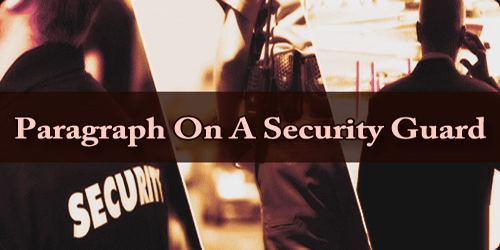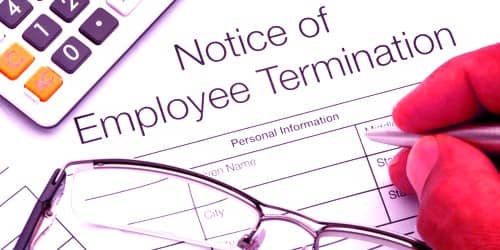A security guard (or security officer) is a person who is paid to protect property, assets and people. Security guards are usually employed by a government or private party to protect the employing party’s assets (property, people, equipment, money, etc.) from a variety of hazards (such as waste, damaged property, unsafe worker behavior, criminal activity such as theft, etc.) by enforcing preventative measures. Security guards do this by maintaining a high-visibility presence to deter illegal and inappropriate actions, looking (either directly, through patrols, or indirectly, by monitoring alarm systems or video surveillance cameras) for signs of crime or other hazards (such as a fire), taking action to minimize damage (such as warning and escorting trespassers off property). Guards must remain alert, looking for anything out of the ordinary throughout their shift. In an emergency, guards may call for assistance from police, fire, or ambulance services. Some security guards may be armed.
Security guards have distinct personalities. They tend to be realistic individuals, which means they’re independent, stable, persistent, genuine, practical, and thrifty. They like tasks that are tactile, physical, athletic, or mechanical. Some of them are also conventional, meaning they’re conscientious and conservative. They work in a wide variety of environments, including public buildings, retail stores, and office buildings. Guards who serve as transportation security screeners work in air, sea, and rail terminals and other transportation facilities, and are employed by the federal government. Security guards are generally governed by legal regulations, which set out the requirements for eligibility (e.g., a criminal record check) and the permitted authorities of a security guard in a given jurisdiction. The authorities permitted to security guards vary by country and subnational jurisdiction. Most security guards spend considerable time on their feet, either assigned to a specific post or patrolling buildings and grounds. Some may sit for long hours behind a counter or in a guardhouse at the entrance to a gated facility or community. Some security guards provide surveillance around the clock by working shifts of eight hours or longer with rotating schedules. Guards who work during the day may have a great deal of contact with other employees and the public. Although the work can be routine, it can also be hazardous, particularly when an altercation occurs.
















